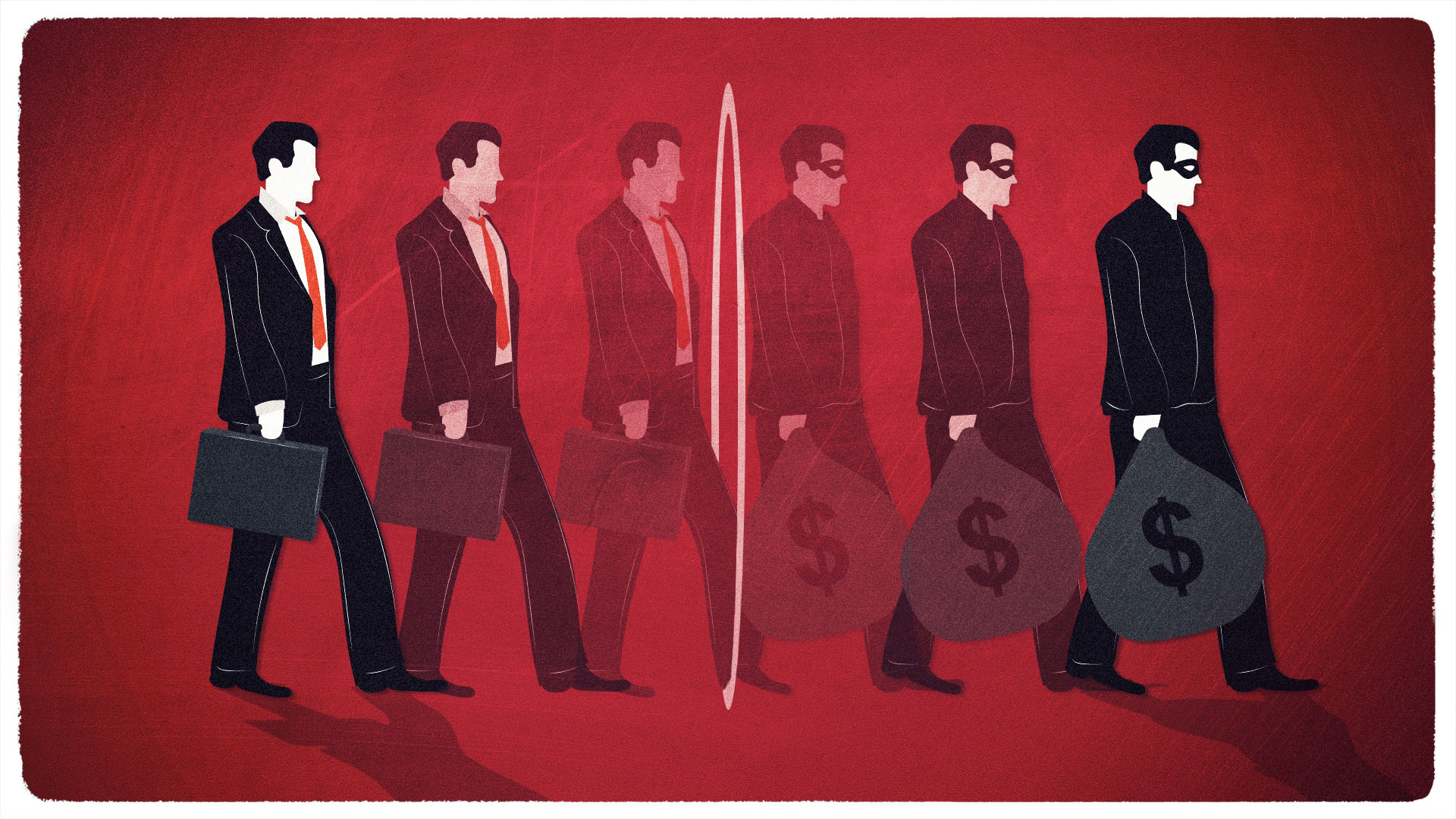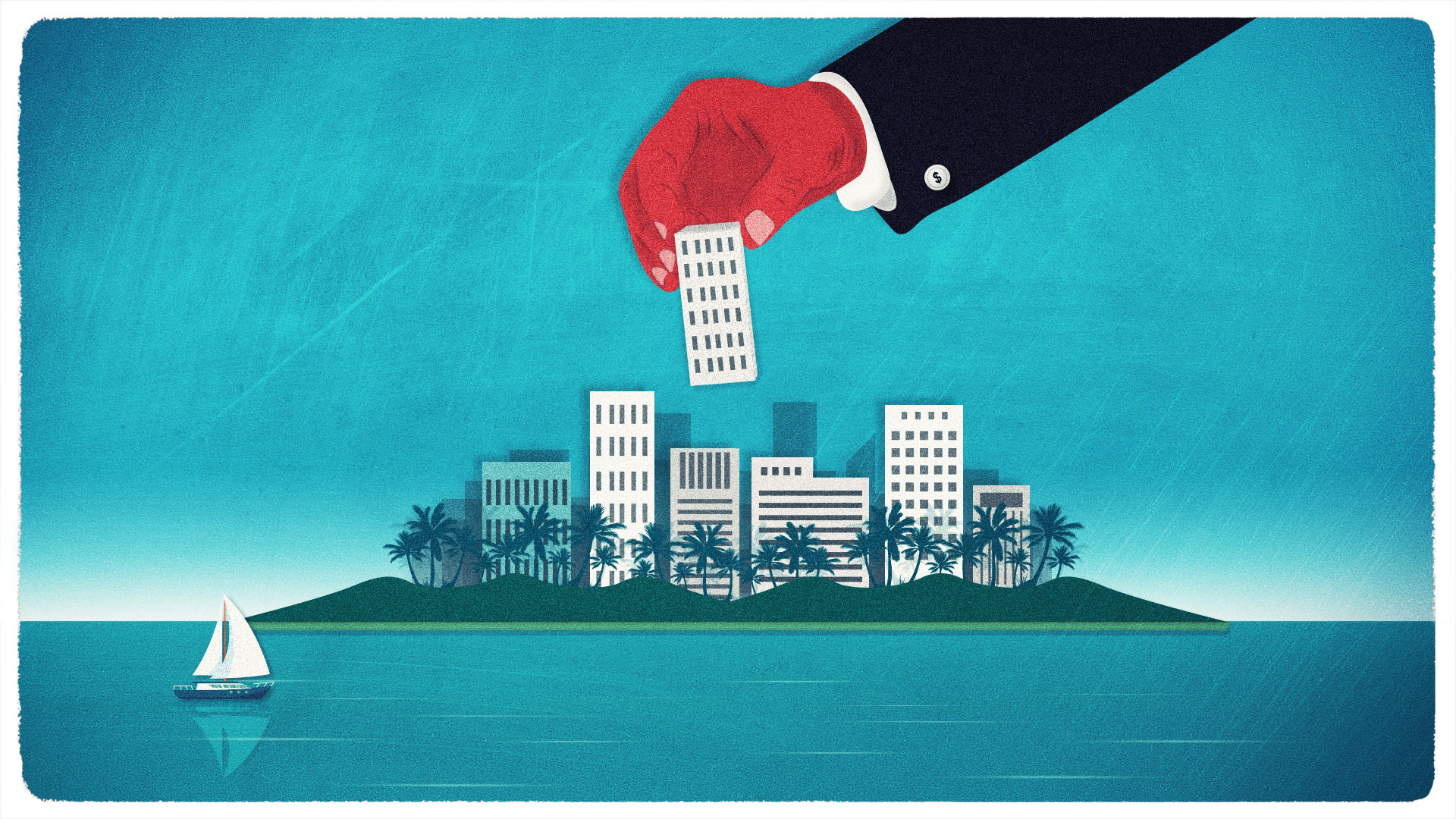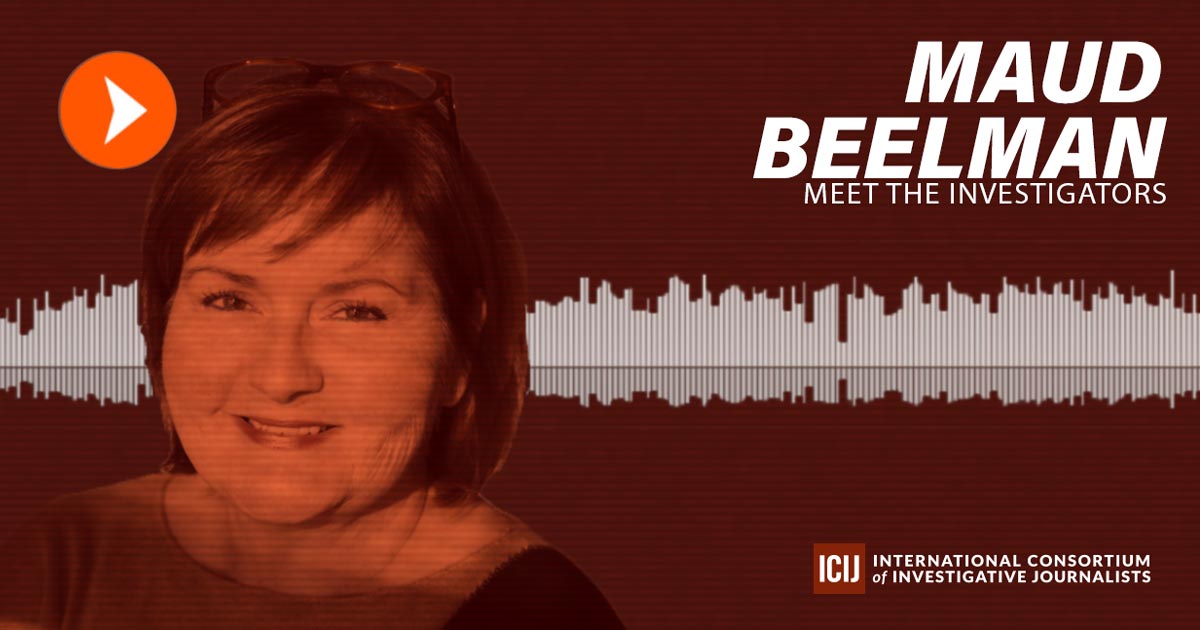OFFSHORE SECRECY
Campaigners slam ‘toothless’ COVID-19 bailout bans on tax haven companies
Critics say attempts to stop companies with tax haven links from getting emergency state aid are bland and doomed to fail.
A number of European Union countries have passed laws to exclude companies with links to tax havens from emergency pandemic state aid, but tax reform campaigners say they are doomed to fail.
Poland, France, Belgium and Denmark have pledged to bar soft loans and grants to companies with a presence in so-called ‘non-cooperative tax jurisdictions’, a list that includes far-flung places like the British Virgin Islands, Panama and Vanuatu.
This list does not include companies that have shifted profits to countries within the EU widely regarded as tax havens, such as The Netherlands, Ireland, Luxembourg, Malta, and Cyprus. The bloc argues that any such inclusion would run contrary to its single market principles.
U.K.-based international tax expert Professor Richard Murphy describes the EU list of tax havens as “a completely flawed document” and criticizes its failure to include its own member states.
Further, he believes the criteria for excluding a company allows far too much wriggle room to argue the use of such jurisdictions for legitimate business purposes.
“Just saying ‘you are involved in a tax haven’ is too bland to be useful,” he said. “What we really need to be asking are specifics like: ‘Give us beneficial ownership. Give us country-by-country reporting. Comply or explain.’”
Oxfam’s EU Inequality and Tax Policy Advisor, Chiara Putaturo, believes the coronavirus pandemic has brought the issue of international corporate tax avoidance into sharper focus but governments are still too willing to let companies off the hook.
“Companies often argue there are good reasons to be based in some of these places,” she said. “It should be quite simple: if that’s the case, then demonstrate your economic activity there.”
Last month the U.K.-based advocacy group Tax Justice Network produced a five-step test to determine whether a government should bail out a company, arguing that the EU list “has repeatedly proven to be too political and weak to be effective in tackling tax abuse.”
The test includes demands that companies reveal their beneficial owners and corporate structures; publish country-by-country accounts; protect employees; and undertake not to pay shareholder dividends until they have fully repaid government loans.
Companies should also demonstrate that they were never involved in previous financial scandals, such as Lux Leaks, a 2014 International Consortium of Investigative Journalists investigation revealing legal, secret tax deals offered by the Luxembourg government to 350 companies.
The organization has described the laws passed by the various states as “toothless.”
The European Central Bank has bailed out a number of transnational corporations, including energy, aviation and big tobacco which seems at odds with the EU rhetoric on going green. It has also allowed central banks in individual states to decide how best to recapitalize their economies.
The lockdown across Europe has had a severe impact on a wide range of industries. Two U.K. countries, Scotland and Wales, have voted to restrict bailouts to tax-compliant companies but England has refused, saying that finance would be available to any company with a large workforce operating in the country.
Top of the Bank of England bailout list is Germany-based chemicals giant BASF, which received loans of £1 billion ($1.27 billion). BASF has been criticized for transferring profits to Malta, the Netherlands and Switzerland to avoid tax.
TaxWatch, a U.K. charity and research outlet, found that 14 out of 52 companies on the list had links to tax havens, including Chanel, whose parent company is based in the Cayman Islands, one of 12 jurisdictions on the EU list.
However, the organization claimed that excluding them would have been extremely difficult based on the lack of transparency in the current international tax regime and the narrow scope of the EU list of tax havens.
Further, such a standalone measure might have a catastrophic effect on workers who have no say in company policies.
“Overall, we find that there are significant technical issues with implementing a ban on providing support to companies linked to tax havens,” the TaxWatch said in a statement. “This includes, but is not limited to, the fact that many companies owned by tax exiles are UK headquartered and so would continue to qualify for government support. These issues mean that such policies are limited in effect.”


